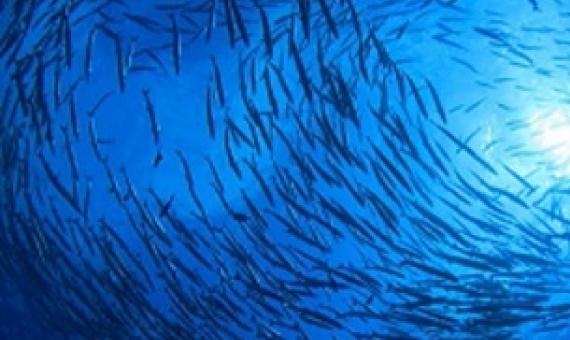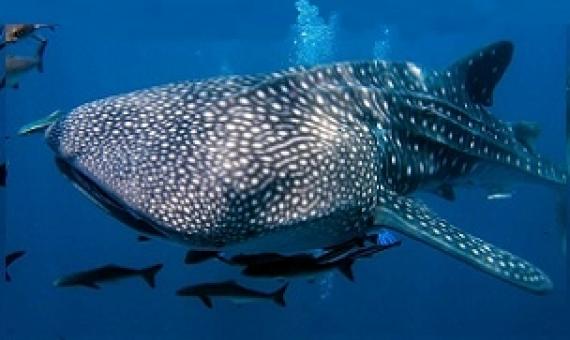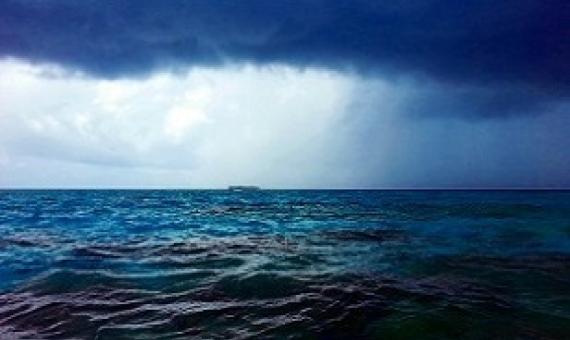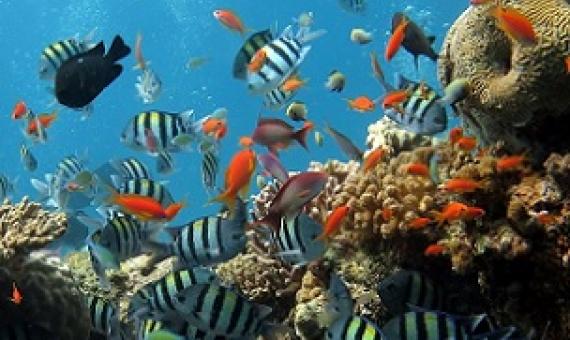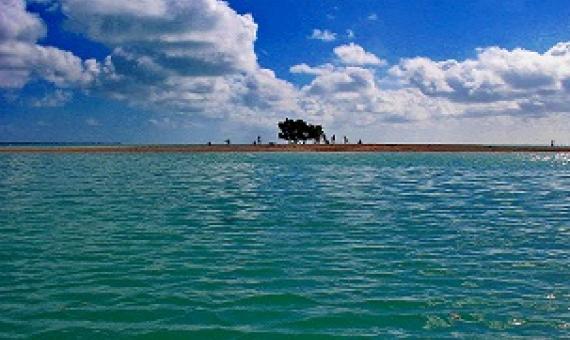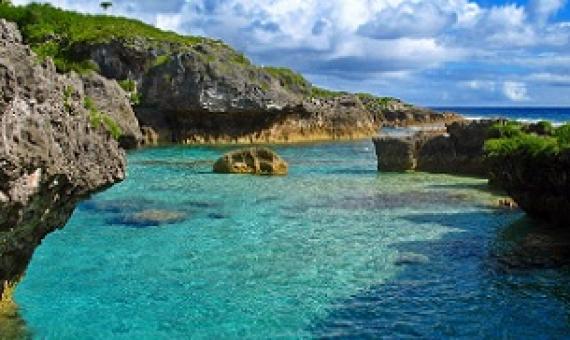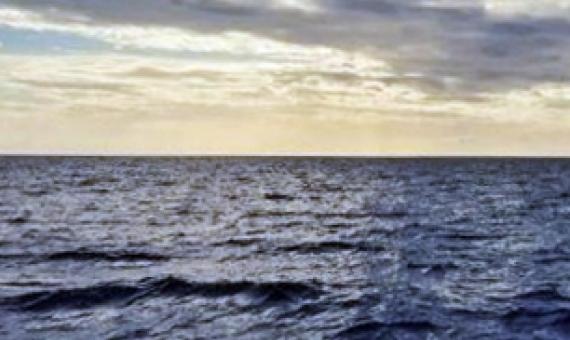A new study led by ProtectedSeas – an organization aiming to provide open data and monitoring solutions to enhance awareness of and compliance with ocean protection efforts – has found that boaters often cluster along the edges of marine protected areas (MPAs) off the coast of
Beyond the boundaries: How regulation-centered marine protected area information improves ocean protection assessments
Comprehensive, spatially explicit data that include regulatory information are essential for evaluating the level of protection that marine protected areas (MPAs) and other marine managed areas (MMAs) provide to marine life, and to inform progress towards ocean protection targets. An analysis based on the ProtectedSeas database, which includes information on regulated activities, found that 85% of U.S.
Mismatches in Scale between highly Mobile Marine Megafauna and Marine Protected Areas
Marine protected areas (MPAs), particularly large MPAs, are increasing in number and size around the globe in part to facilitate the conservation of marine megafauna under the assumption that large-scale MPAs better align with vagile life histories; however, this alignment is not well established. Using a global tracking dataset from 36 species across five taxa, chosen to reflect the span of home range size in highly mobile marine megafauna, we show most MPAs are too small to encompass complete home ranges of most species.
Marine protected areas (MPAs) are designed to conserve critical marine habitats, localized fauna, and highly migratory species such as turtles, whales, and sharks.
A Griffith-led study has developed a model to predict the success of Marine Protected Areas (MPAs) based on historical fishing pressure and environmental conditions like wave exposure and distance to coastal habitats.
The whole-site management of a Marine Protected Area (MPA) can increase the total abundance of reef species within its borders by up to 95%, according to new research.
Former Kiribati president Anote Tong suspects a major agreement is "cooking" between Beijing and Tarawa after the country's decision to quit the Pacific Islands Forum..."I know they are cooking something with China," Tong, who led the atoll islands from 2003 to 2016, said.
Niue's delegation to the Pacific Islands Forum gathering has discussions about climate issues and promoting Niue's large-scale marine park on the top of its agenda. Niue's delegation plans to present its new Sustainable Financing Mechanism, called Ocean Conservation Credits (OCC), to the fou
Prime Minister Voreqe Bainimarama says Fiji is investing heavily in the blue economy in a bid to create 100,000 new jobs by 2050. Speaking at the Blue Pacific Leaders Ocean panel on Monday, he said they were working to bolster their long-term economic resilience by investing in the planet.
Research shows that large, fully protected marine areas help conserve valuable biodiversity and can reverse many of the detrimental impacts caused by humans.

